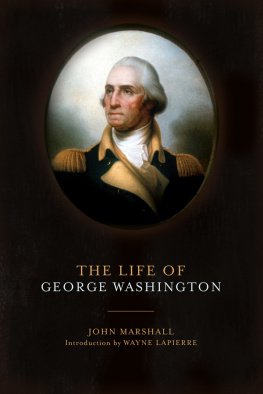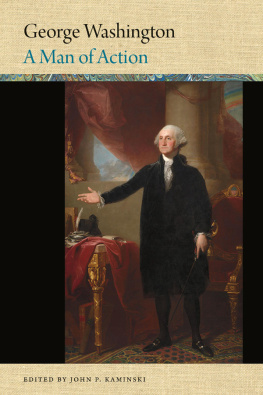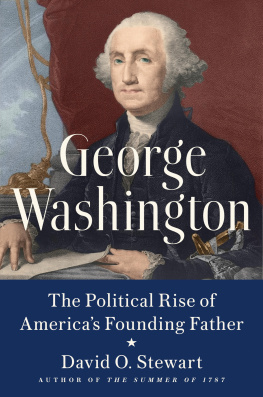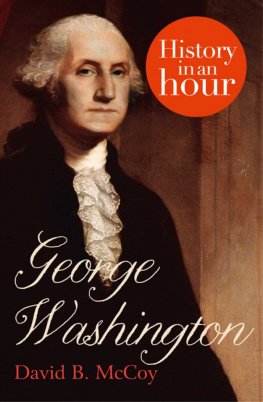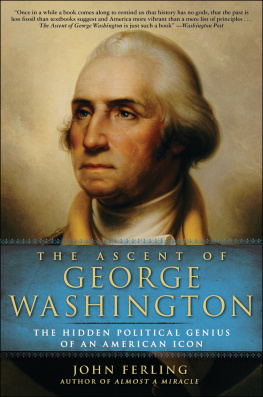This edition is published by PICKLE PARTNERS PUBLISHINGwww.picklepartnerspublishing.com
To join our mailing list for new titles or for issues with our books picklepublishing@gmail.com
Or on Facebook
Text originally published in 2000 under the same title.
Pickle Partners Publishing 2014, all rights reserved. No part of this publication may be reproduced, stored in a retrieval system or transmitted by any means, electrical, mechanical or otherwise without the written permission of the copyright holder.
Publishers Note
Although in most cases we have retained the Authors original spelling and grammar to authentically reproduce the work of the Author and the original intent of such material, some additional notes and clarifications have been added for the modern readers benefit.
We have also made every effort to include all maps and illustrations of the original edition the limitations of formatting do not allow of including larger maps, we will upload as many of these maps as possible.
GEORGE WASHINGTON: AMERICAS FIRST STRATEGIC LEADER
By
Lieutenant Colonel Alan L. Orr II
GEORGE WASHINGTON: AMERICAS FIRST STRATEGIC LEADER
I do not mean to exclude altogether the Idea of Patriotism. I know it exists, and I know it has done much in the present Contest. But I will venture to assert, that a great and lasting War can never be supported on this principle alone. It must be aided by a prospect of interest or some reward. For a time, it may, of itself push men to Action; to bear much, to encounter difficulties; but it will not endure unassisted by interest.George Washington {1}
Throughout history, strategic leaders have always emerged to lead nations or peoples through conflict to victory. Each of these leaders had certain personality traits or characteristics that made them successful when faced with the challenges of their day. Significantly, however, the key question remains: are successful strategic leaders born with a certain innate talent to progress beyond a tactical view of events and circumstances, or is that strategic ability the result of certain learned skills based on life events? In the case of George Washington, with no historic examples of how to organize, train, and equip an army belonging to a representative government, what enabled him to make the strategic decisions that he made? Ultimately, these would be decisions that formed the basis for one of the most successful civil-military relations in history.
At a time when a fledgling America was extremely vulnerable to foreign conquest, why did he embrace the idea of a small standing Army? Why did he insist on subordinating himself as the Commander of the Continental Army to the Continental Congress? Could any man of Washingtons status have done as skillful a job, or was there something about his personal makeup that predisposed him to become the great strategic leader that he became?
While a comprehensive examination of George Washingtons life is certainly relevant to understanding his decision making abilities, it is beyond the scope of this paper to address in detail all of the manifold experiences that shaped the man who would become the Commander of the Continental Army, member of the Continental Congress and the first President of the United States. Nevertheless, a review of selected episodes in his life will serve to illustrate how his views concerning military leadership, civil governance, and national leadership were formulated.
The power of personality and the influence of the strategic leader make all the difference; as such, this paper will address these factors through the lens of Washingtons wartime career as a strategic leader of some genius.
The Formative Years
Standing six feet, two inches tall and weighing 200 pounds, George Washington stood out as one of the largest men of his time. His sheer physical presence definitely allowed him to be easily recognized, but there was more to the outward manifestation of leadership that distinguished Washington from many other leaders of his day. He always made it a point to project himself as a professional soldier, dress like a professional soldier, and even to sit a horse like an officer and a gentleman. He conveyed a bearing and an air about him that personified what he felt it meant to be a professional soldier, officer, and gentleman. The word professional is overemphasized above for a reasonand that is because Washington fancied himself different than most soldiers in the colonies at that time. There was no professional army within the colonies, and instead, each colony maintained a militia of volunteers that could loosely be categorized as a military, let alone a profession.
Prior to 3 July 1775, the day that Washington assumed command of the Continental Army, he had served as an officer in the Virginia militia under the command of several British officers. He had seen the level of discipline among British soldiers and had likewise observed the professional relations existing between the enlisted soldiers and their officers. More importantly, he had been a keen observer of the contrast between the British Army and its colonial militia counterpart. {2}
Several historiansincluding Don Higginbotham, David McCullough, and Samuel B. Griffithhave written that Washington was not an arrogant man. They describe his personality as amiable, modest, and not the least bit austere. {3} He set the example with his words and actions for his soldiers and his country alike. These personality traits set him apart from most soldiers and officers of his day. In many militia units, the officers were not readily distinguishable from their enlisted men and they were far too friendly towards each other for Washingtons liking. Be easy...but not too familiar, lest you subject yourself to a want of that respect, which is necessary to support a proper command wrote Washington to William Woodford on 10 November 1775. {4} He was ever conscious of the relation between officers and their men, and he set the foundation for our modern relations between the officers and enlisted within the military service.




